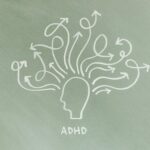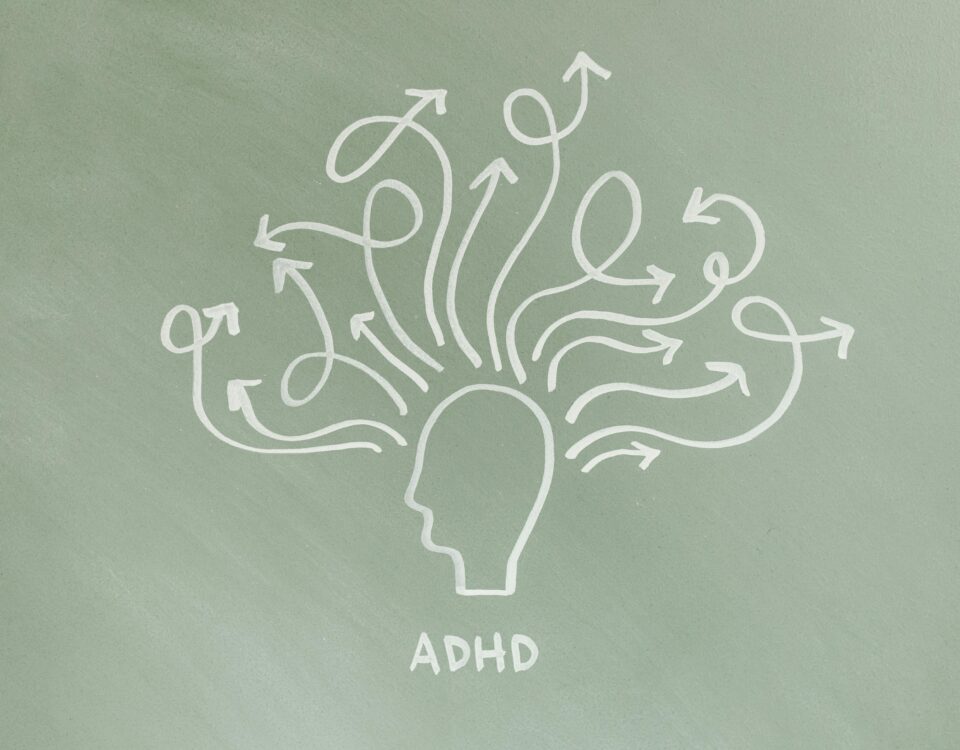
Embrace the Pace
September 20, 2024
Practical Strategies for Parenting a Child with ADHD
January 30, 2025Parents often call us at The ZPH Group to ask if we work with preschool or early elementary-aged children. While we typically do not treat children that young, as they require a specialized approach and environment, many of the concerns parents raise often relate to developmentally appropriate behaviors. Although some young children may show early signs of more serious behavioral issues, it’s common for many to naturally outgrow these behaviors over time. On our website, we offer book recommendations that can assist parents in understanding which behaviors might fall outside the typical range. Additionally, below, we provide information on conditions that may require therapy, medication, or alternative therapies such as meditation and mindfulness. The ZPH Group also offers parent sessions and school consultations to help alleviate some of these issues at home and at school.
ADHD:
- Diagnostic criteria:
- Persistent pattern of inattention and/or hyperactivity and impulsivity that interferes with functioning or development
- Must have 6 or more symptoms that last at least 6 months and are inconsistent with developmental level
- Negatively impacts directly on social and academic performance
- Common characteristics:
- Difficulty sustaining attention in tasks and play activities
- Makes careless mistakes on schoolwork
- Fails to finish homework
- Difficulty keeping materials and belongings in order
- Often loses things necessary for tasks and activities
- Often fidgets and squirms in seat
- Talks excessively
- Restless
- Interrupts
- Seeking help:
- Preschool: Typically not diagnosed in preschool due to developmental changes. Discuss with pediatrician and monitor behavior
- Elementary: Intervention and Referral Service committee, Child Study Team, pediatrician, psychologist, executive functioning coach
Shyness:
- Common characteristics:
- Doesn’t necessarily want to be alone
- May be afraid to interact with others
- Can be helped with therapy
- Can be age/developmentally appropriate
- Extreme cases – avoidance of all social situations – may be due to anxiety
- Seeking Help:
- Extreme Shyness: Anxiety condition. Seek out individual psychotherapy and/or social skills group.
Introversion:
- Common characteristics
- Enjoys and/or requires time alone
- Can become emotionally drained after spending time with other children
- Doesn’t require small talk, needs a connection before feeling comfortable
- Prefers play dates to play groups
- Processes feelings internally
- Seeking Help:
- Does not necessarily require professional help. Be aware of your child’s natural personality traits.
Anxiety:
- Common characteristics:
- Distress is disproportionate to situation: crying, sadness, anger, frustration
- Needs continuous reassurance: “What if” concerns
- Anticipatory anxiety: future events
- Easily distressed, agitated or angry
- Excessive avoidance
- Difficulty going to school, friend’s houses, family functions
- Excessive coaxing to perform normal activities (e.g. homework, brushing teeth, meals)
- Seeking help:
- Interferes with functioning in school/home
- Cognitive-Behavior Therapy – Pediatric Psychologist
- Child/Adolescent Psychiatrist (Meds. only)
- School counselor
Depression:
- Common characteristics:
- Irritability
- Low frustration tolerance
- Changes in appetite (e.g. overeating, loss of interest in food)
- Changes in sleep habits (e.g. too much sleep, unable to sleep)
- Stops socializing
- Loss of interest in sports / preferred activities)
- In younger children – clinginess, irritability, and regression
- Seeking help:
- Symptoms must be present for at least two weeks, marked change from child’s usual behavior, interferes with functioning.
- Cognitive-Behavior Therapy, Pediatric Psychologist
- Child/Adolescent Psychiatrist (Meds. only)
- School counselor


